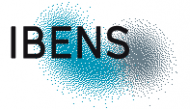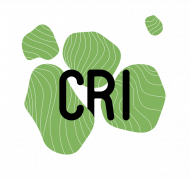Augustin Luna (Harvard Medical School, Boston, USA)
Reinhard Schneider (Luxembourg University, Luxembourg)
Luca Pinello (Harvard Medical School, Boston, USA)
Denis Thieffry (IBENS-ENS, Paris, France)
Julio Saez-Rodriguez (EMBL-EBI, Hinxton, UK)
Vassili Soumelis (INSERM, Paris, France)
Andrei Zinovyev (Institut Curie, Paris, France)
Jérome Galon (Cordeliers Research Center, Paris, France)
Estelle Duprez (CRCM, Marseille, France)
Leïla Perié (Institut Curie, Paris, France)
Lodewyk Wessels (National Cancer Institute, Amsterdam, The Netherlands)
Kathleen Marchal (Ghent University, Ghent, Belgium)
Thomas Walter (Centre for Computational Biology, MINES ParisTech, Paris, France)
Antoine De Weck (Novartis, Basel, Switzerland)
Andrew Teschendorff (University College London - London, UK)
Thomas Höfer (GKFZ - Allemagne)
Veronique Thomas-Vaslin (Sorbonne University - FR)
Loredana MARTIGNETTI (Institute Imagine - FR)
Ioannis XENARIOS (UNIL - CH)
Ido AMIT (The Weizmann Institute of Science - IL)
Philip STEGMAIER ( geneXplain - DE)














